Home>Articles>What Is Better For A Driveway: Concrete Or Asphalt
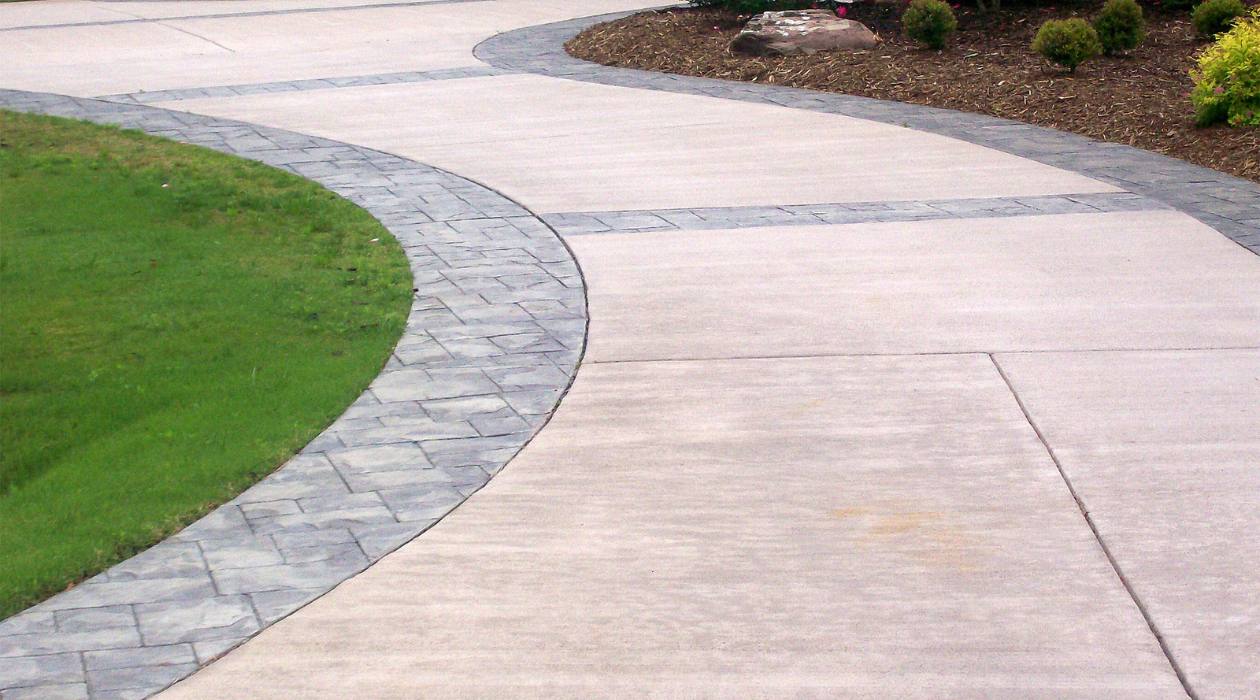

Articles
What Is Better For A Driveway: Concrete Or Asphalt
Modified: December 7, 2023
Discover the pros and cons of using concrete or asphalt for your driveway in this informative articles. Make an informed decision for long-lasting results
(Many of the links in this article redirect to a specific reviewed product. Your purchase of these products through affiliate links helps to generate commission for Storables.com, at no extra cost. Learn more)
Introduction
When it comes to choosing the material for your driveway, two popular options stand out: concrete and asphalt. Both of these materials have their own unique advantages and considerations, making the decision a tough one for homeowners. In this article, we will delve into the key factors to consider when deciding between concrete and asphalt for your driveway.
Driveways play a crucial role in enhancing the curb appeal of your home and providing a smooth surface for vehicles. Therefore, it is important to choose a durable and aesthetically pleasing material that fits your budget and maintenance requirements.
Concrete and asphalt are two of the most commonly used materials for driveways due to their strength and longevity. However, they differ in several aspects, including cost, durability, maintenance, appearance, climate suitability, environmental impact, and installation process. By understanding the pros and cons of each material, you can make an informed decision that best suits your needs.
Throughout this article, we will delve into the various considerations associated with concrete and asphalt driveways to help you determine which option is better for your specific circumstances.
Key Takeaways:
- Concrete driveways offer exceptional durability and lower maintenance, making them a long-term investment. While asphalt driveways are more affordable upfront, they may require more frequent repairs and upkeep over time.
- Consider your budget, climate, and desired aesthetics when choosing between concrete and asphalt driveways. Consulting with professionals can provide valuable insights to make an informed decision that suits your specific circumstances.
Read more: What Is An Asphalt Driveway
Cost
One of the primary factors to consider when choosing between a concrete and asphalt driveway is the cost. Typically, asphalt driveways are more affordable to install than concrete driveways. This is primarily due to the lower cost of materials and the comparatively simpler installation process of asphalt.
Concrete driveways, on the other hand, tend to be more expensive upfront. The cost of concrete is generally higher, and the installation process can be more labor-intensive and time-consuming. Additionally, concrete driveways may require additional reinforcement, which can also add to the overall cost.
However, it’s important to consider the long-term cost implications as well. While asphalt driveways are cheaper upfront, they may require more frequent repairs and maintenance over time. Concrete driveways, on the other hand, are known for their durability and longevity, which may result in lower maintenance and repair expenses in the long run.
Ultimately, the cost of your driveway will depend on various factors, such as the size of the area, the complexity of the installation, and regional pricing differences. It is advisable to get quotes from reputable contractors in your area to get an accurate estimate for both concrete and asphalt driveways.
Remember that while cost is an important consideration, it should not be the sole deciding factor. Take into account other factors such as durability, maintenance, and appearance when making your decision.
Durability
Durability is a key factor to consider when choosing between concrete and asphalt driveways. Both materials have their own strengths and weaknesses in terms of durability.
Concrete driveways are known for their exceptional durability. Concrete is a strong material that can withstand heavy loads and the wear and tear of daily vehicle traffic. It is less prone to cracking and can last for several decades with proper maintenance. However, concrete driveways may be susceptible to damage from freezing and thawing cycles in areas with extreme weather conditions.
On the other hand, asphalt driveways are also durable but generally have a shorter lifespan compared to concrete. While asphalt can withstand normal vehicle traffic, it is more prone to cracking and deterioration over time. Harsh weather conditions, including intense heat and freezing temperatures, can accelerate the deterioration process.
Maintenance plays a crucial role in preserving the durability of both concrete and asphalt driveways. Regular maintenance, such as sealing and crack repairs, can significantly extend the lifespan of an asphalt driveway. Concrete driveways may require less maintenance, but periodic sealing can help protect the surface and prevent cracking.
Ultimately, the durability of your driveway will depend on various factors such as the quality of materials used, proper installation techniques, and the level of maintenance. It is important to consult with professionals and follow recommended maintenance practices to ensure the longevity of your chosen driveway material.
Consider the climate and weather conditions in your area when evaluating the durability of concrete and asphalt driveways. If you live in an area with extreme temperature variations or frequent freeze-thaw cycles, it may be worth considering the potential impact on the durability of your driveway.
Maintenance
The level of maintenance required for your driveway is another crucial factor to consider. Both concrete and asphalt driveways have different maintenance needs.
Concrete driveways generally require less maintenance compared to asphalt driveways. They are more resistant to stains and can be easily cleaned with a simple detergent and water solution. Periodic sealing, typically every 2-3 years, is recommended to protect the surface and prevent cracking. Additionally, it is important to promptly repair any visible cracks to prevent them from spreading and causing further damage.
Asphalt driveways, on the other hand, require regular maintenance to keep them in optimal condition. This includes periodic sealing, typically every 3-5 years, to protect the surface from oxidation, sun damage, and moisture penetration. Regular inspections for cracks and potholes are also essential, as these should be repaired promptly to prevent further deterioration.
In areas with harsh weather conditions, such as extreme heat or freezing temperatures, asphalt driveways may require more frequent maintenance. This can include additional seal coating or reapplication to protect against the specific challenges posed by the climate.
It’s important to note that the maintenance needs of your driveway can also depend on usage. Heavily trafficked driveways with larger vehicles or frequent parking may require more regular inspections and maintenance compared to driveways with lighter usage.
Ultimately, the maintenance requirements for both concrete and asphalt driveways can be managed with regular care and attention. However, it is crucial to stay proactive and address any visible issues promptly to prevent them from escalating and causing further damage.
Appearance
The appearance of your driveway can significantly impact the overall aesthetics of your home. Both concrete and asphalt driveways offer different visual characteristics to consider.
Concrete driveways are known for their clean and modern look. They can be customized with various finishes, colors, and patterns to match your home’s style and personal preferences. Whether you prefer a smooth and sleek surface or a textured and stamped finish, concrete driveways offer a wide range of design options to enhance the curb appeal of your property.
On the other hand, asphalt driveways have a more traditional and classic appearance. They present a smooth, dark surface that complements many architectural styles. While asphalt itself cannot be customized with colors or patterns like concrete, it can be accented with other materials such as pavers or borders to create visual interest.
It’s important to note that both concrete and asphalt driveways are subject to discoloration and staining over time. Factors such as oil leaks, tire marks, and exposure to the elements can affect the appearance of both materials. However, concrete driveways may be more resistant to staining and can be cleaned more easily compared to asphalt.
When considering the appearance of your driveway, it’s important to evaluate how it will harmonize with the rest of your property. Take into account the architectural style of your home, the surrounding landscaping, and any existing design elements that you want to complement or contrast with your driveway.
Ultimately, the choice between concrete and asphalt driveways in terms of appearance will depend on your personal taste and the desired aesthetic for your home.
Consider the climate and usage of the driveway. Concrete is more durable and better for heavy vehicles, while asphalt is more flexible and better for colder climates.
Read more: What Is The Best Driveway Sealer For Asphalt
Climate and Weather Conditions
The climate and weather conditions of your region play a significant role in the suitability of concrete or asphalt driveways. Different materials may perform differently depending on the climate in which they are installed.
Concrete driveways tend to fare well in moderate climates. They are less susceptible to damage from high temperatures and UV rays. However, in areas with extreme temperature variations, such as freezing winters and hot summers, using a specific mix design with added reinforcement may be necessary to ensure the durability of the concrete. In colder regions, it is important to consider the use of de-icing agents that are safe for concrete to prevent damage during winter maintenance.
Asphalt driveways perform best in areas with hot climates. The darker color of the asphalt helps it absorb heat, which can aid in melting snow or ice during colder months. However, excessive heat and prolonged exposure to direct sunlight can lead to the softening and potential deformation of the asphalt surface. In such cases, periodic sealing and regular maintenance become even more crucial to protect against weather-related damage.
Furthermore, factors such as heavy rainfall and soil composition can also affect the performance of both concrete and asphalt driveways. Proper drainage is essential to prevent the accumulation of water, which can lead to cracking and erosion of the driveway surface. In areas with expansive or clay soils, consideration should be given to proper sub-base preparation to minimize the risk of shifting or sinking.
It is recommended to consult with local experts or contractors who have experience working in your specific climate and weather conditions. They can provide valuable insights and guidance on choosing the most suitable material for your driveway based on the prevalent environmental factors in your area.
By taking into account the climate and weather conditions, you can ensure that your driveway is able to withstand the challenges posed by the elements and provide long-lasting performance.
Environmental Impact
Considering the environmental impact of your driveway material is becoming increasingly important in today’s world. Both concrete and asphalt driveways have certain environmental considerations to take into account.
Concrete driveways have a relatively lower environmental impact compared to asphalt driveways. Concrete is made from a mixture of cement, water, and aggregates, which are widely available and do not pose significant environmental concerns. Additionally, concrete has a long lifespan, which reduces the need for frequent replacement and minimizes waste.
On the other hand, asphalt driveways have a higher environmental impact due to the production process and the materials used. The production of asphalt requires the extraction and refinement of petroleum, a non-renewable resource. This process contributes to carbon emissions and air pollution. Additionally, asphalt driveways have a shorter lifespan compared to concrete, which can lead to more frequent replacements and increased waste generation.
However, there are sustainable practices and options available for both concrete and asphalt driveways. For concrete driveways, the use of recycled aggregates and supplementary cementitious materials can help reduce the environmental impact. Additionally, incorporating permeable concrete, which allows water to flow through and replenish the groundwater, can help mitigate stormwater runoff issues.
For asphalt driveways, there are eco-friendly options as well. Using reclaimed asphalt pavement (RAP) in the production process can help reduce the demand for virgin materials. Additionally, the development of porous asphalt, which provides better water drainage and reduces stormwater runoff, is gaining popularity as a sustainable option.
When making your decision, consider the availability of eco-friendly alternatives and discuss sustainable options with your contractor. They can guide you towards materials and practices that minimize the environmental footprint of your driveway.
Ultimately, balancing aesthetics, durability, and environmental considerations will help you make an informed choice that aligns with your values and sustainability goals.
Installation Process
The installation process for concrete and asphalt driveways differs in several aspects. Understanding the steps involved can help you make an informed decision based on your preferences and requirements.
Concrete driveways require careful planning and preparation. The process typically involves the following steps:
- Excavation: The area for the driveway is excavated, removing any existing materials or vegetation.
- Sub-base preparation: A stable and well-compacted sub-base is essential for the durability of the concrete driveway. This may involve adding and compacting layers of crushed stone or gravel.
- Formwork and reinforcement: Wooden forms are used to create the shape and dimensions of the driveway. Reinforcement, such as rebar or wire mesh, is placed within the forms to provide added strength.
- Concrete pouring: Fresh concrete is poured into the forms and spread evenly using tools. It is then leveled and smoothed to create a flat surface.
- Curing and finishing: The concrete needs time to cure and harden properly. During this time, it may be covered with a curing compound or kept moist to prevent rapid drying. Once cured, the surface can be finished with various techniques, such as broom or stamped finishes.
Asphalt driveways follow a slightly different installation process:
- Excavation and base preparation: Similar to concrete, the area is excavated and a stable sub-base is prepared using crushed stone or gravel.
- Installation of the binder layer: A layer of hot asphalt mix, known as the binder course, is laid and compacted to create a strong base.
- Installation of the surface layer: A final layer of hot asphalt mix, known as the surface course, is placed on top of the binder course and compacted to create a smooth and even surface.
- Finishing touches: Once the asphalt is laid and compacted, the edges are trimmed and any excess material is cleared. The surface is then rolled to ensure proper compaction.
It is important to note that the installation process for both concrete and asphalt driveways should be performed by experienced professionals to ensure proper preparation, levelness, and compaction.
Consider factors such as the complexity of the installation, time involved, and the expertise required when choosing between concrete and asphalt driveways.
Resurfacing and Repairs
Over time, driveways may require resurfacing or repairs to maintain their functionality and appearance. The approach to resurfacing and repair can vary between concrete and asphalt driveways.
For concrete driveways, resurfacing typically involves applying a new layer of concrete on top of the existing surface. This process helps to restore the smoothness and aesthetic appeal of the driveway. Prior to resurfacing, any existing cracks or damage may need to be repaired using appropriate techniques, such as filling the cracks with epoxy or polyurethane-based sealants. It is important to note that resurfacing can only be done if the underlying concrete is structurally sound.
Asphalt driveways may require periodic resurfacing known as overlaying. Overlaying involves applying a new layer of asphalt on top of the existing driveway to restore its smoothness and functionality. This process helps to fill in minor cracks and imperfections. However, it is important to note that extensive damage or deep cracks may require more extensive repairs, such as patching or replacement of the affected areas.
In terms of repairs, both concrete and asphalt driveways may encounter similar issues, such as cracking and potholes. Concrete driveways may develop hairline cracks over time, especially in areas with freeze-thaw cycles or heavy loads. These cracks can be repaired by filling them with specialized concrete fillers or resins. Asphalt driveways are prone to developing small cracks and potholes, particularly in areas with significant temperature variations. These issues can be addressed through crack sealing and patching using specialized asphalt repair materials.
It is important to address any signs of damage or deterioration promptly to prevent further deterioration and potential safety hazards. Regular inspections and maintenance can help identify and address repairs before they escalate into more significant issues.
Consulting with professionals or contractors who specialize in driveway resurfacing and repair can provide valuable guidance on the most appropriate course of action for your specific driveway material and situation.
Read more: How To Maintain Asphalt Driveway
Conclusion
Choosing the right material for your driveway is a significant decision that requires careful consideration. Both concrete and asphalt have their own unique advantages and considerations, making the decision a balancing act between cost, durability, maintenance, appearance, climate suitability, environmental impact, installation process, and potential resurfacing and repairs.
Concrete driveways offer exceptional durability, a modern aesthetic, and lower maintenance requirements. They can withstand heavy loads, resist staining, and have a longer lifespan. However, they are generally more expensive upfront and may require reinforcement in extreme temperature regions.
On the other hand, asphalt driveways are more affordable to install, have a classic appearance, and are suitable for hot climates. While they may require more regular maintenance and have a shorter lifespan, proper seal coating and repairs can prolong their durability.
Consider your budget, desired aesthetics, climate, and maintenance preferences when making your decision. Consulting with professionals who have expertise in driveway installation and maintenance can provide further insight into the best option for your specific circumstances.
Ultimately, both concrete and asphalt driveways can provide functional and visually appealing surfaces for your home. By carefully weighing the factors outlined in this article, you can make an informed decision that suits your needs, enhances the curb appeal of your property, and ensures the longevity of your driveway.
Frequently Asked Questions about What Is Better For A Driveway: Concrete Or Asphalt
Was this page helpful?
At Storables.com, we guarantee accurate and reliable information. Our content, validated by Expert Board Contributors, is crafted following stringent Editorial Policies. We're committed to providing you with well-researched, expert-backed insights for all your informational needs.
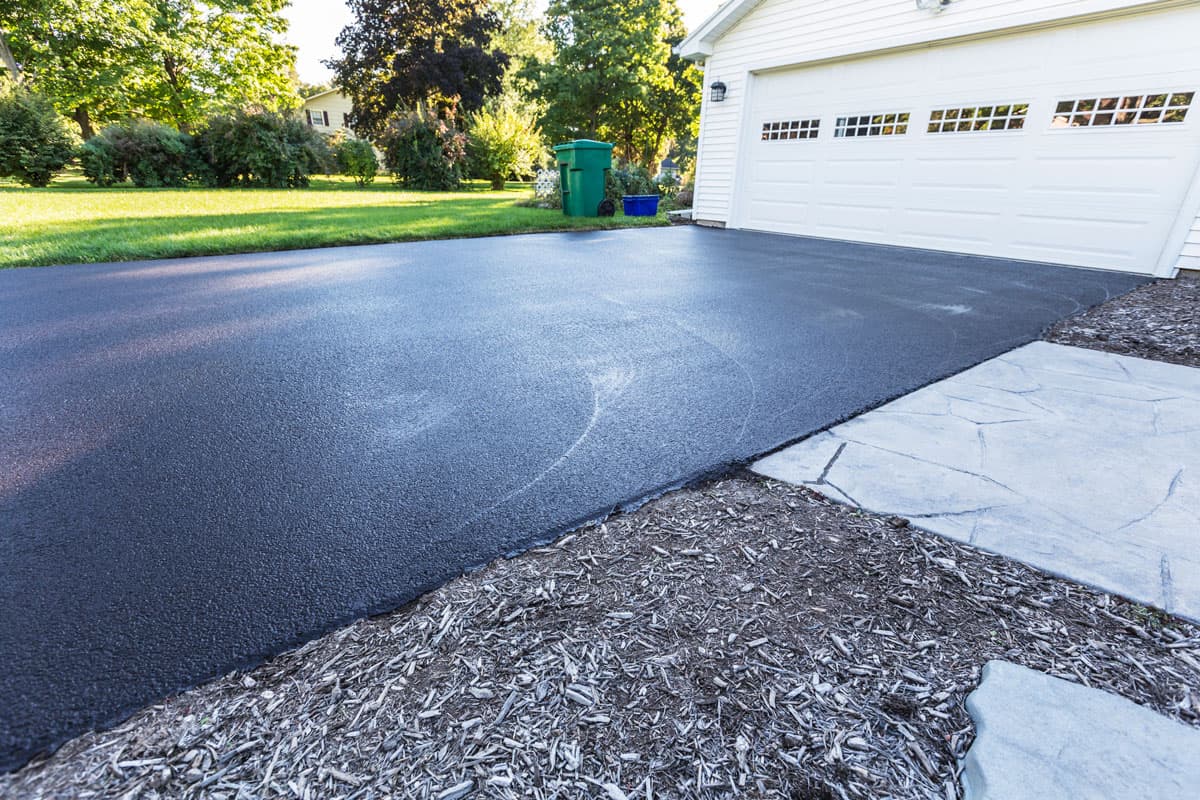
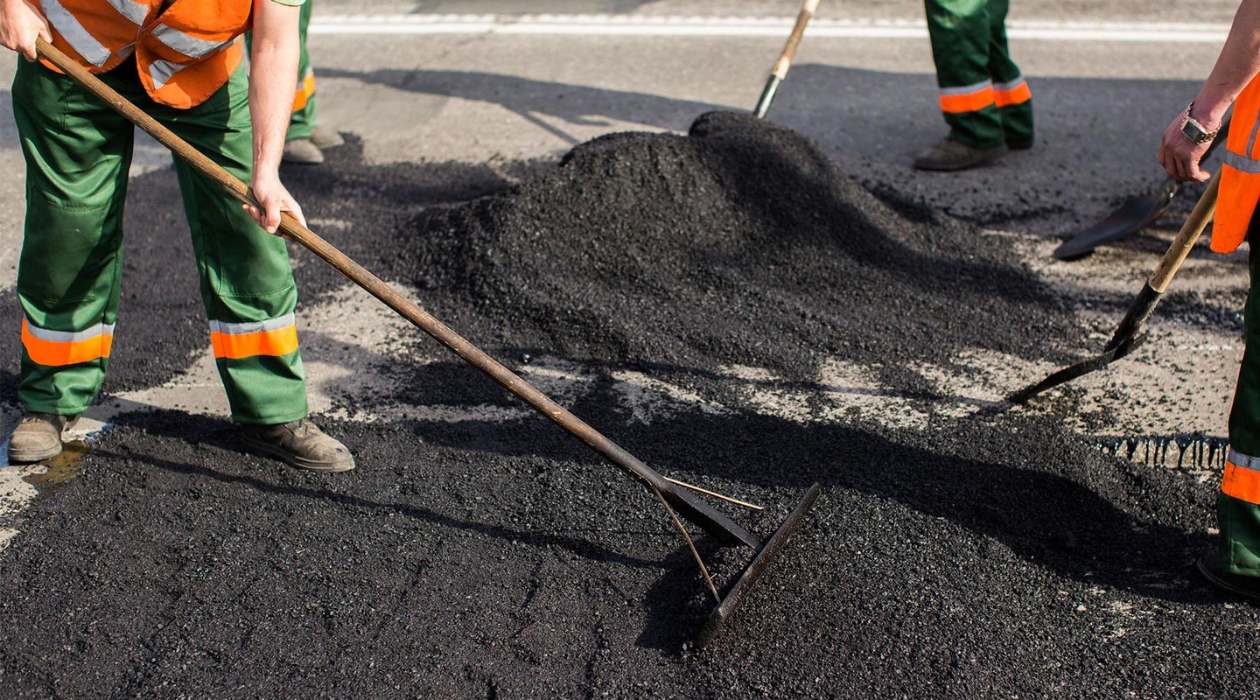
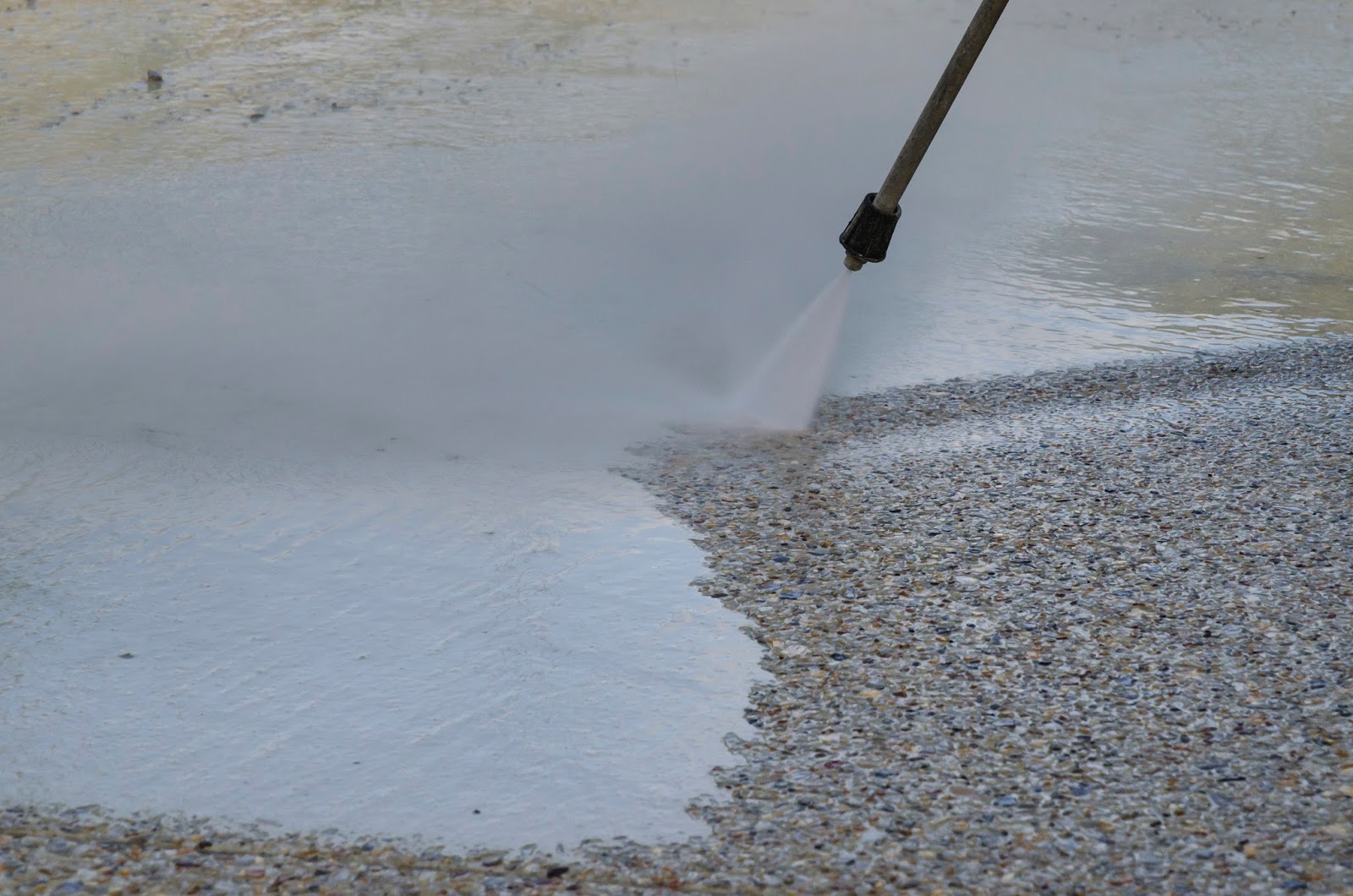
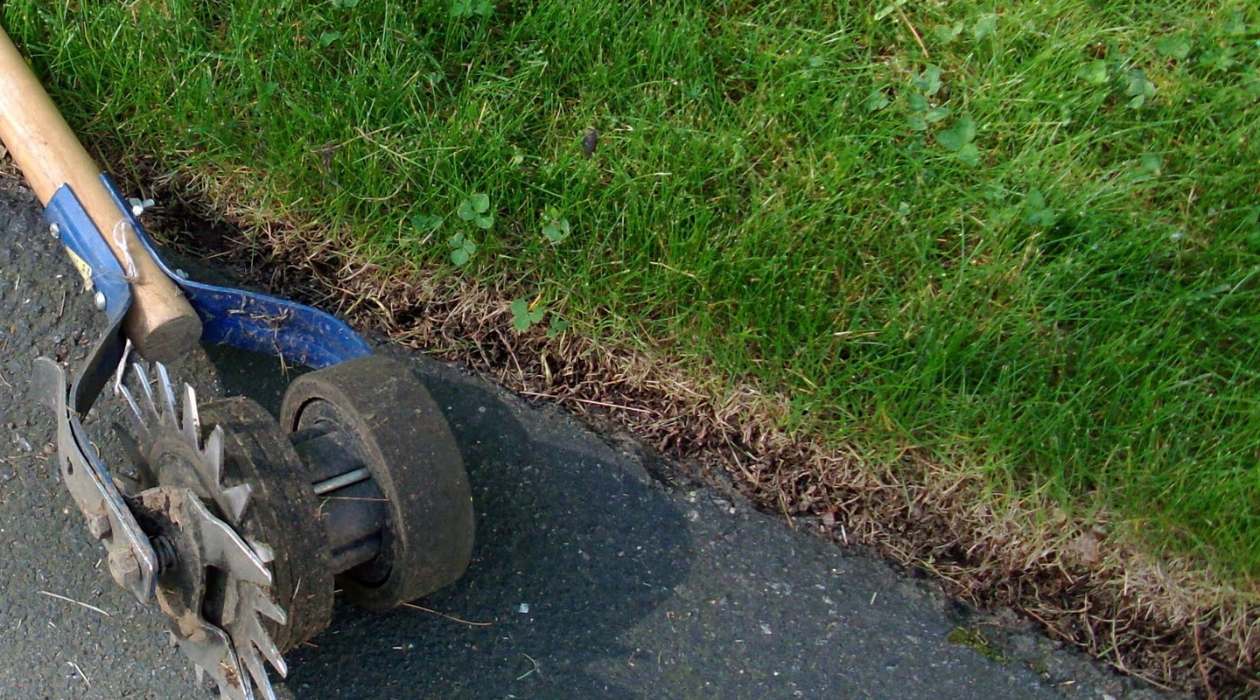
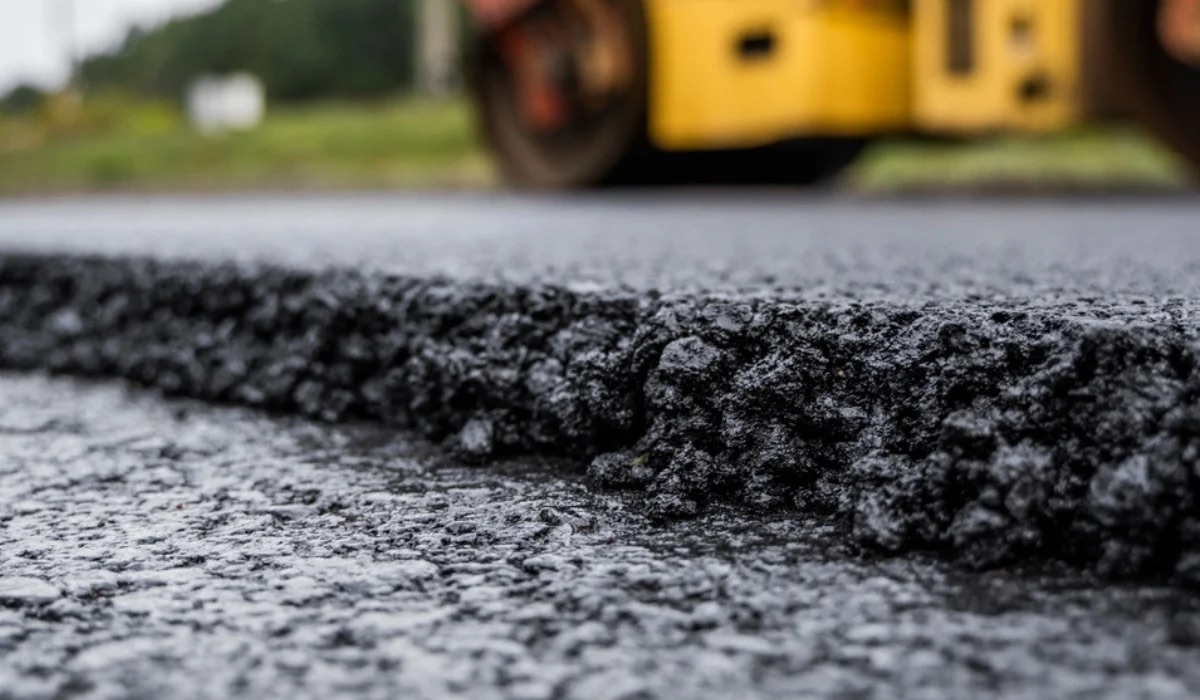
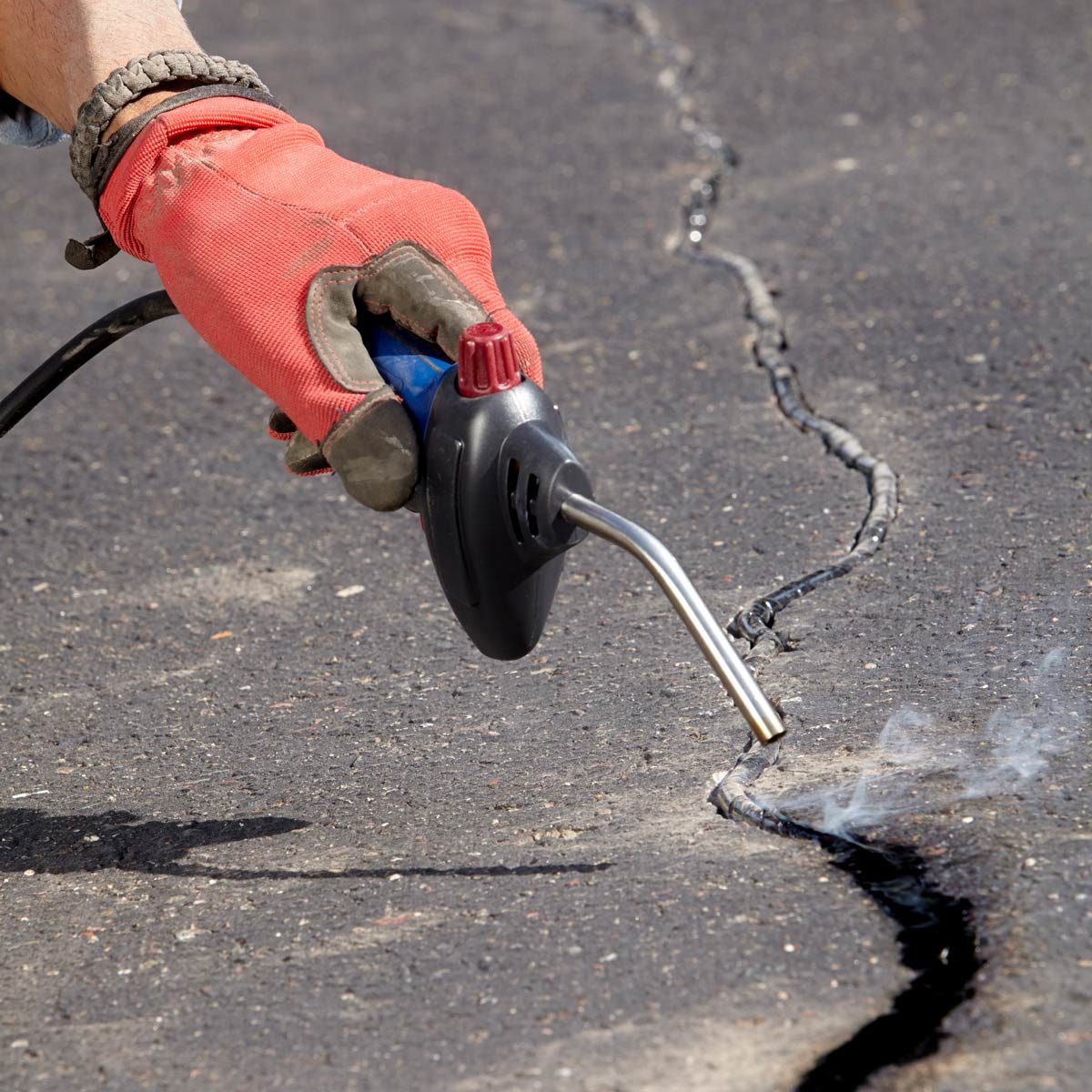
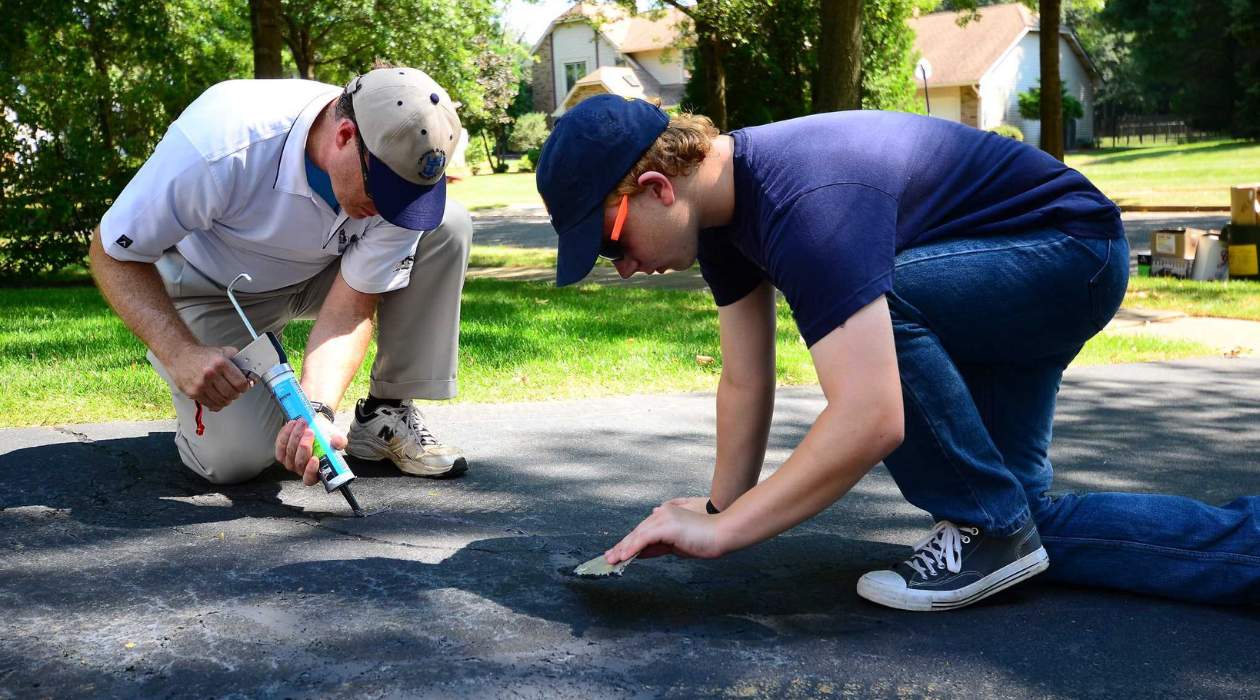
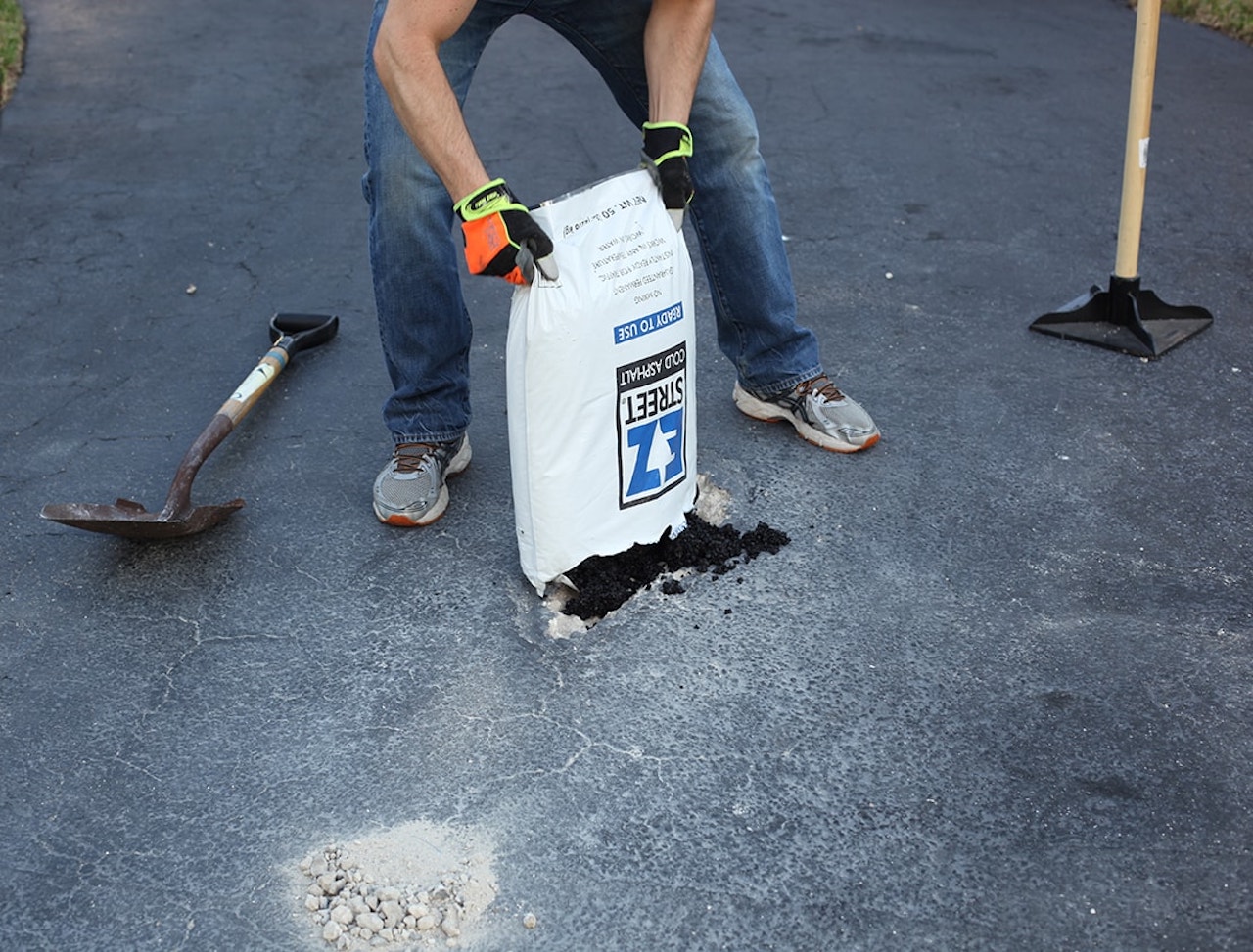
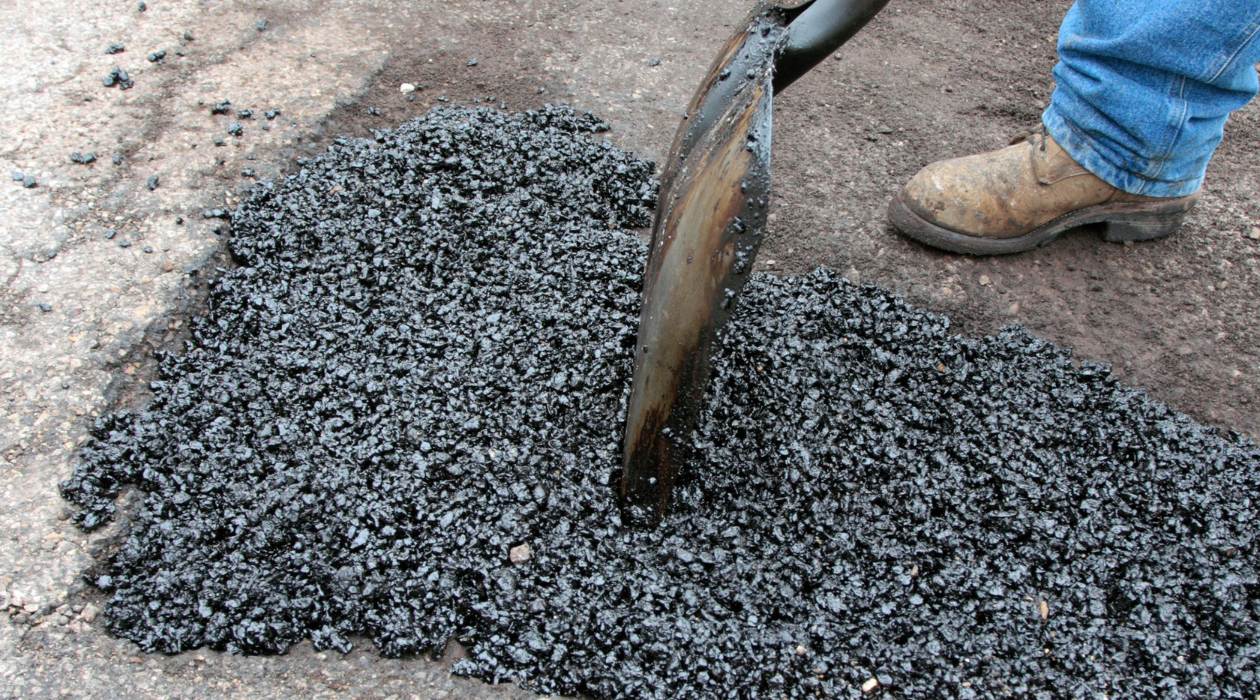
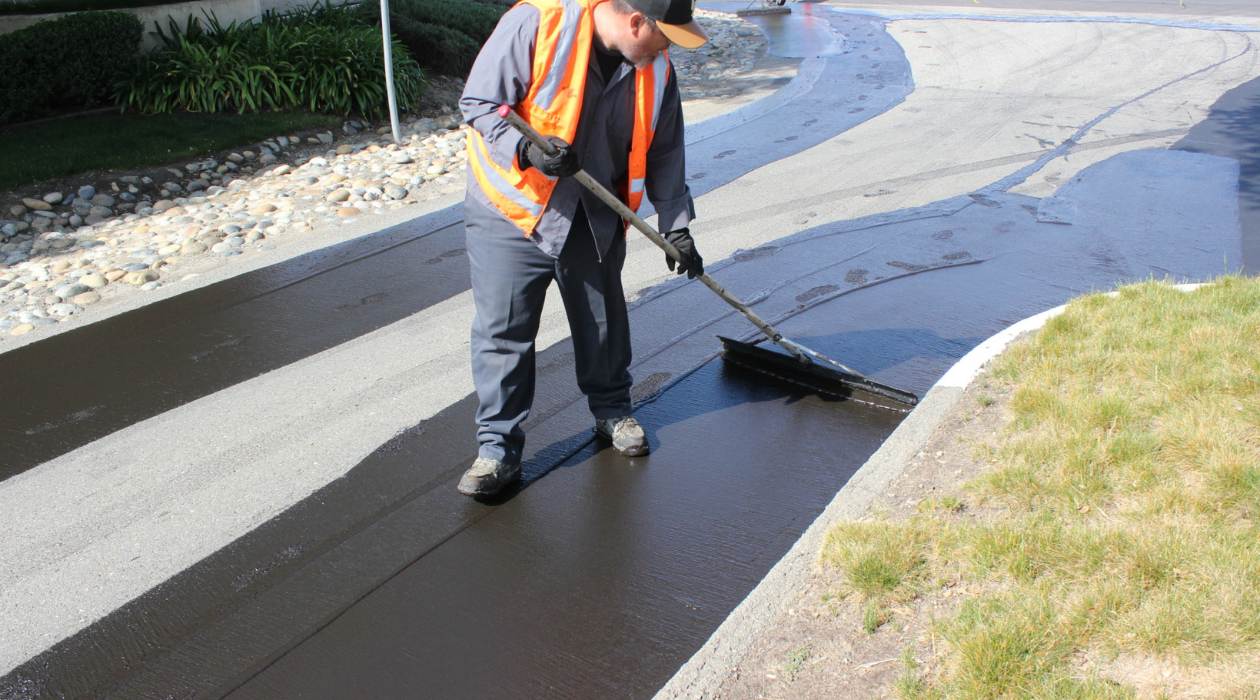
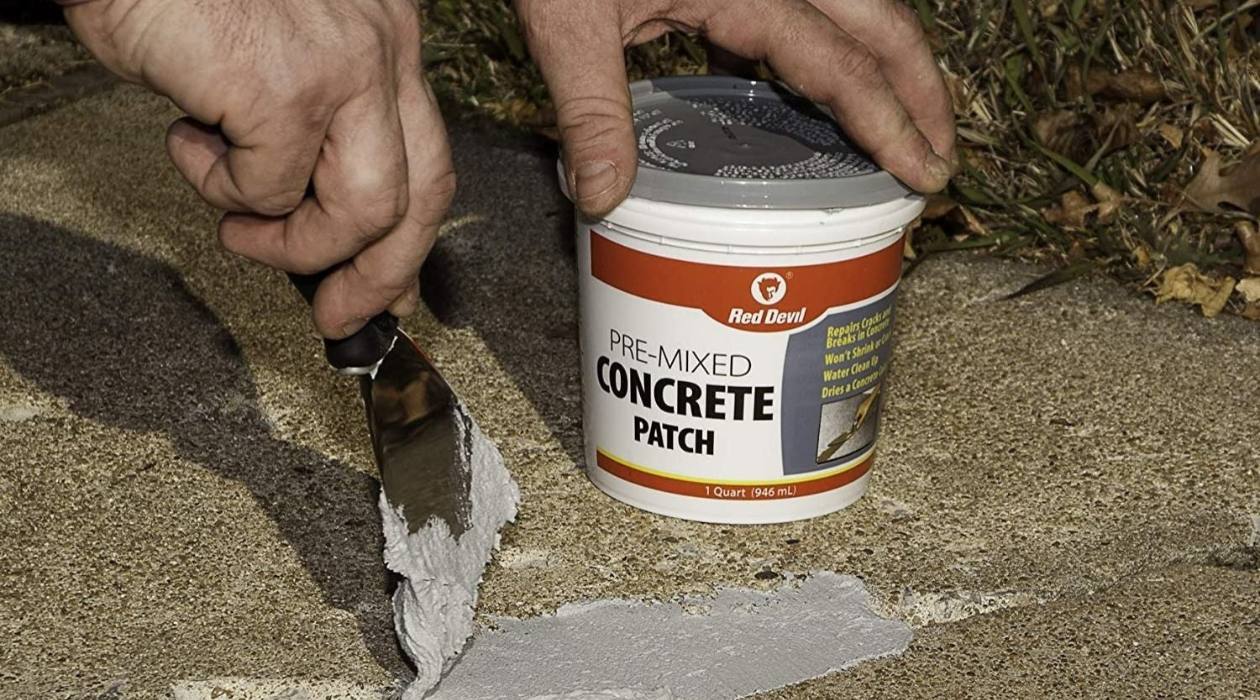
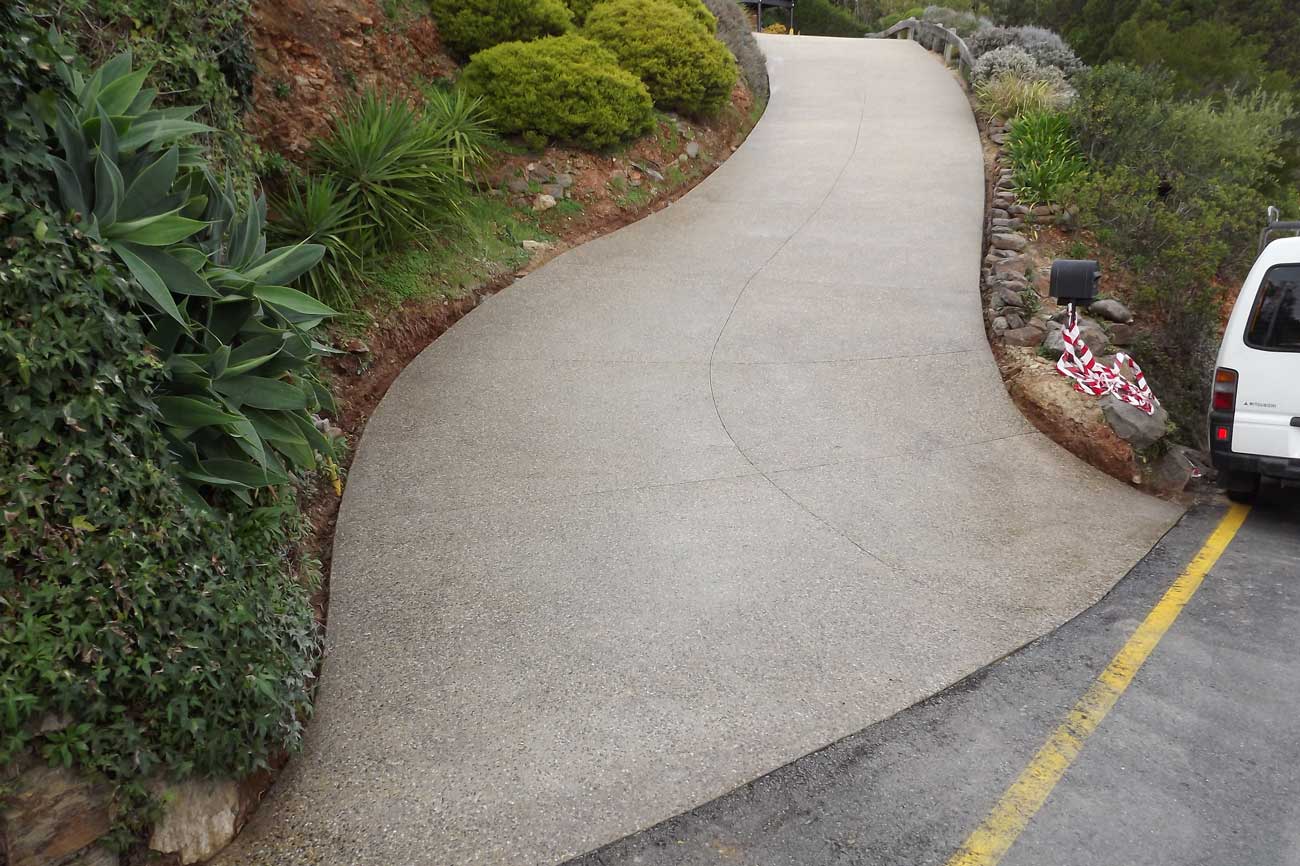
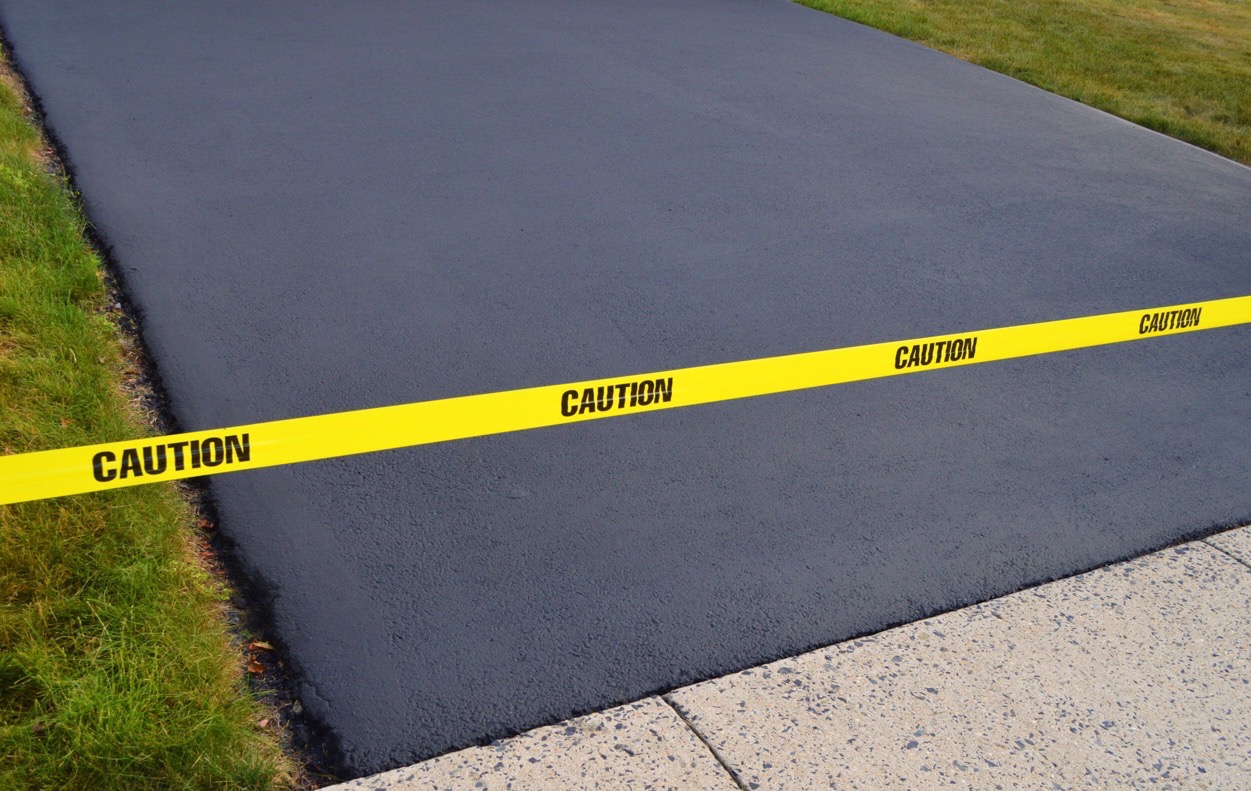

0 thoughts on “What Is Better For A Driveway: Concrete Or Asphalt”